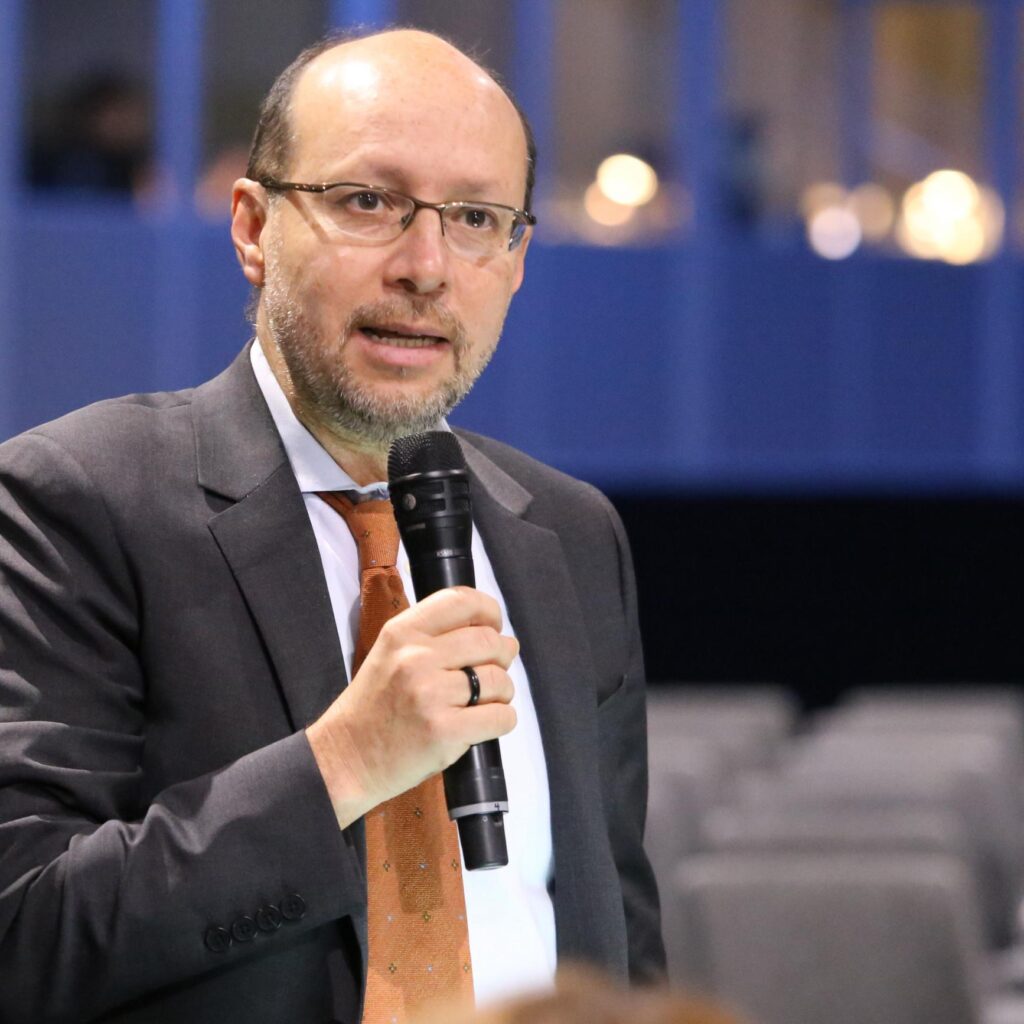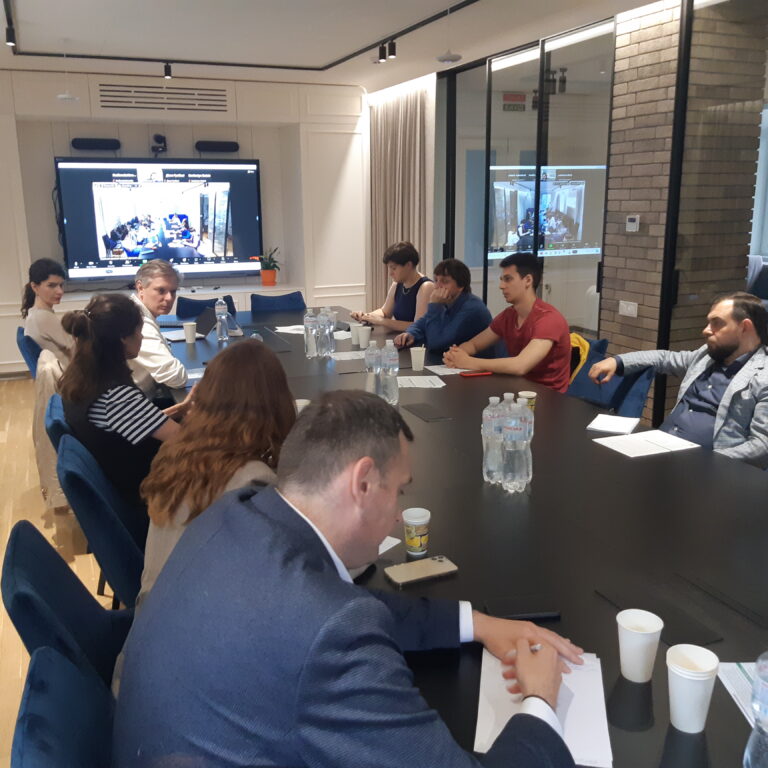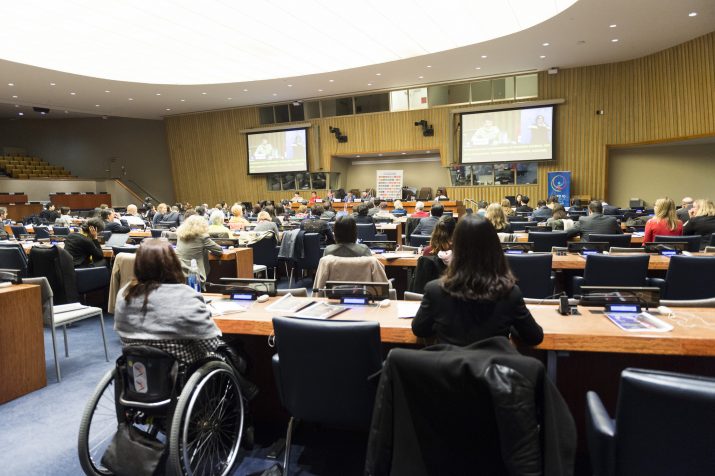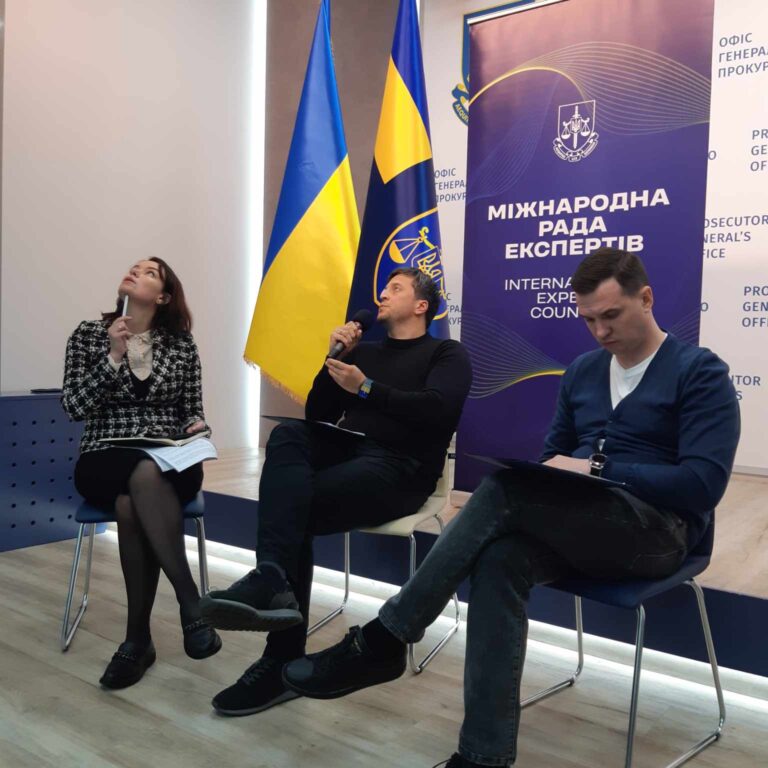In framework of permanent cooperation with UN bosies our Asociation sent submission to UN Special Rapporteur on toxics and human rights Professor Marcos Orellana, regarding social and gender aspects of environmental pollution in conditions of Russian aggression.
Relevant ARC submission, prepared by Dr. Borys Babin and other experts and published now at UN web-sources, reminded UN Rappoteur on issues of disaster in 2018 at chemical plants “Titan”, in Armiansk and Krasnoperekopsk, about aggressor’s pollution of Black Sea and Sea of Azov, about ecologic disaster in 2021, caused by illegal supply the industrial water pumps by “Siemens” and “Grundfos” companies to the Crimean “administration”.
Regarding Russian broad-scale aggression ARC submission stressed on occupiers’ destruction objects of civil infrastructure, forests, dams and other melioration systems by mines explosions, missiles and artillery, including destruction of Kakhovka HPP by Russian invaders, that caused toxic pollution of Black Sea in non precedent volumes.
ARC proposed to UN Rapporteur to start a discussion and assessment of the forms of direct and indirect negative ecological and economic impact of Russian aggression in the field of sustainable development and the related rights to food, water and sanitation
ARC added in submission that international ecological crimes against clean air and water present a principally new phenomenon for victims of criminal acts, including issues like damage recovery, special challenge to collective rights of territorial communities and indigenous peoples most affected by such crimes.
Submission stressed that the victim-centered approach is especially crucial taking into account the possible and probable correlation between genocide and eventual international ecologic crimes, including ecocide. Here, genocide may take a form of deliberately inflicting on a national, ethnical, racial or religious group conditions of life calculated to bring about its physical destruction in whole or in part.
Issues of sustainable development, challenges of climate change and new reality of artificial intelligence as a hypothetical international crimes’ subject must be taken into consideration while advancing accountability for such illegal acts as toxic pollution also, added the Association’s submission regarding above-pointed aspects.








